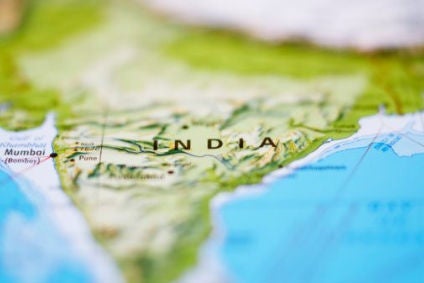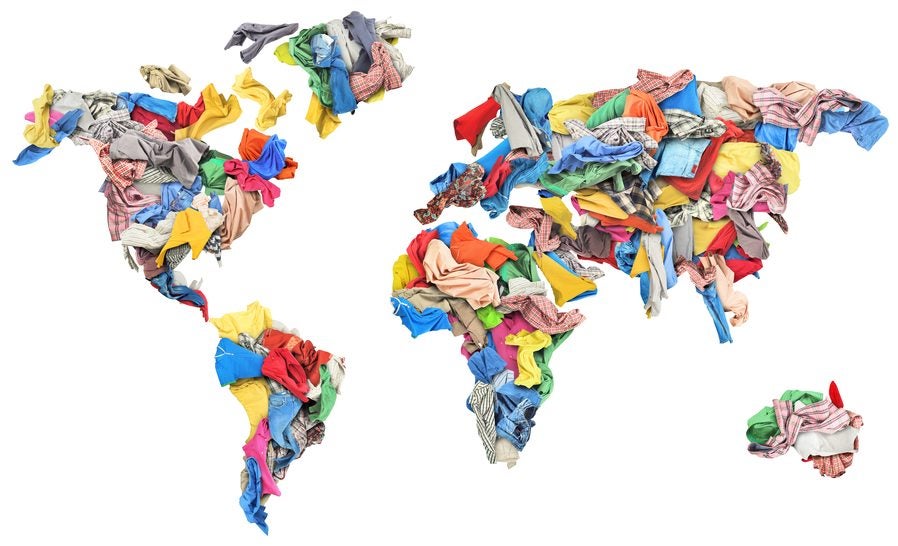
India’s apparel industry stands to lose shipments worth more than US$3bn due to order cancellations and delays during the coronavirus pandemic, according to a survey of garment exporters across the country.
The research by Rajesh Bheda Consulting (RBC) earlier this month is based on responses from apparel exporting organisations from different manufacturing hubs in Tirupur, NCR, Bangalore, Ludhiana, Panipat, Ranchi and Chennai.
Though based on a relatively small sample of 60 responses, the results provide an insight into the scale of the challenge being experienced and its potential impact on India’s US$16-17bn garment industry.
Key results of the survey, ‘Measuring Impact of Corona Pandemic on Indian apparel export industry’ suggest the combined value of orders cancelled and on hold is US$1.49m per respondent factory.
More than half the respondents (56%) said payments were delayed, whereas in 19% cases, customers refused to pay for the orders.
See Also:
And out of the cancelled orders, in 43% cases no payments were received, while in 35% cases only partial payment for the material was received. Just 22% said that the buyer had paid for the material.
How well do you really know your competitors?
Access the most comprehensive Company Profiles on the market, powered by GlobalData. Save hours of research. Gain competitive edge.

Thank you!
Your download email will arrive shortly
Not ready to buy yet? Download a free sample
We are confident about the unique quality of our Company Profiles. However, we want you to make the most beneficial decision for your business, so we offer a free sample that you can download by submitting the below form
By GlobalData“When we extrapolate the results of the survey at the apparel export industry level, this could result in export orders worth US$4.17 billion being cancelled or put on hold. This amounts to almost 25% of the annual apparel exports from the country,” explains Dr Rajesh Bheda, managing director of RBC.
Since the Indian industry mainly executes spring-summer orders, the period from January through March is peak production – which is why the impact is so severe.
“Even if we consider the fact that participant factories are likely to be larger, hence, the results need to be moderated, the total business impacted can be estimated at US$3bn.”
Dr Bheda believes that as a result, India’s apparel export sector is likely to face unprecedented liquidity challenges, with the livelihood of 12.9m garment workers at stake.
The sector was already struggling with increased competition from Bangladesh, Vietnam and Pakistan, who have preferential trading relations with the EU.
In neighbouring Bangladesh, as of 16 April, orders worth US$3.16bn were cancelled or on hold affecting 2.26m workers, according to the Bangladesh Garment Manufacturers and Exporters Association (BGMEA).
“However, collecting and publicising data on order cancellation and orders on hold with speed by the BGMEA helped stakeholders communicate the impact with international buyers with the numbers effectively. This has resulted in a few buyers like H&M, Marks & Spencer, Inditex, PVH, Kiabi, Target and VF Corporation taking a compassionate view and assuring on not cancelling the orders produced and under production.”
India, too, needs to proactively engage with buyers, international media, and the trade missions of importing countries to impress upon them the need to follow ethical trading principles and come up with a viable solution to avoid order cancellations and delay in payments to tide over the crisis,” Dr Bheda says.
He adds: “The livelihood of garment workers who have been producing garments for the international brands must be protected.”
Raja Shanmugam, president of Tirupur Exporters Association, which represents the largest knitwear cluster of the country, agrees. “RBC’s analysis is right and [its] estimation is hovering around the same amount of loss that we are anticipating.
“Tirupur is totally oriented to the Western markets and we have to work on two aspects, tangible loss of US$1.5m per unit,” as well as non-tangible losses due to market closures and the impact of markets not reopening for six months to one year.
“There should be a holistic revival package by the authorities to address the needs of the industry and thereby revival of the industry and the entire economy of the country.”
Earlier this month India’s Textile Minister and the country’s apparel export body issued an appeal to global apparel buyers to “do commerce with compassion” and not cancel orders.







